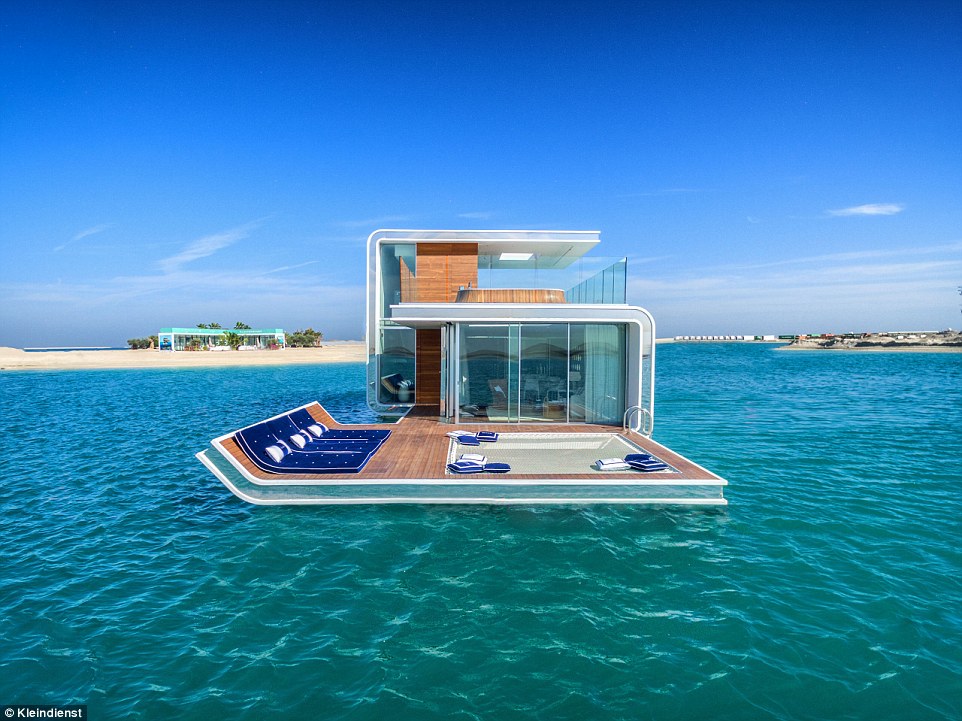First phase of Dubai building classification complete
Phase one focused specifically on (non-freehold) old areas in Dubai.
Sultan Butti bin Mejren, director-general of DLD, said: “This important project aims to enhance the transparency in real estate transactions by ensuring accurate data is available to government and private real estate customers. Our target was to complete the project by the end of 2017 which we have done.”
After a survey of empty land plots, villas, commercial and residential buildings, factories and shopping centres, all types of buildings in Dubai were incorporated into the project’s database. This will facilitate rental procedures for tenants, as well as provide a precise classification of each property in the surveyed areas.
The survey examined 100 per cent of land plots outside freehold areas, with the data collected focusing on the current state of the plot, whether there was a building or just vacant land, as well as determining the number of buildings, floors and units (apartments) and the nature of the property’s use (residential or commercial).
The project will ensure that developers are able to classify their projects according to DLD classifications. With the data, real estate brokers can now list properties based on DLD classification, while allowing companies to classify any property before leasing it.
There is a possibility of modifying the rental increase calculator to reflect the classification of buildings.
Source: Khaleej Times
Dubai to host conference focused on land-related issues
The conference – which will take place between February 26 and 28 – will address a variety of land-related issues facing the region, including how to manage land to reduce conflicts and maximise the use of land and real estate.
According to DLD, the conference will also work towards enhancing regional cooperation, capacity development and innovation in land management and real estate reform.
“It was not a coincidence for Dubai to be chosen to host the first Arab Land Conference in partnership with the leading international institutions related to the real estate sector,” said DLD director general Sultan Butti bin Mejren.
“The choice was due not only to Dubai’s leading position on the global real estate stage, which has become a unique model in aspects related to real estate development, but also because of Dubai’s pioneering activities in various fields related to sustainable development, environmental conservation, the application of the highest green building standards, and maximising the use of land necessary for people’s lives,” he added.
Source: Arabian Business
Floating Seahorse: Truth vs hype
So just what is it? For now, developer Kleindienst that has sold over a hundred such units off-plan has no convincing answer.
The Austrian group could not tell which local authority in Dubai it’s registered with or, more importantly, who is regulating it.
In Dubai, the Real Estate Regulatory Authority (RERA) governs real estate while the Dubai Maritime City Authority (DMCA) is responsible for regulating, coordinating and supervising all aspects of the maritime sector.
“RERA has received some inquiries from clients in regard to the Floating Seahorse Project for the purchase of a public compound in the form of a villa. After reviewing the contracts of the boat it is clear that the company marketed to sell this vessel is licensed by Dubai Maritime City Authority,” said Khalifa Alsalafa, senior director of the Trust Account Department at the Dubai Land Department.
However, the Dubai Maritime City Authority (DMCA) denied it has anything to do with the Floating Seahorse. “We have nothing to do with this project,” DMCA said in an email response to an XPRESS query.
Source: Gulfnews.
Premium offices cheaper to rent in Dubai than Hong Kong, New York

Toby Hall, head of office and business space leasing, UAE, JLL, said: “The DIFC in Dubai is a great example of a market which offers premium office space in a competitive city which attracts global talent and innovation. The demand to have more premium office space has significantly increased and we will be observing an upsurge in supply of improved quality space across Dubai over the coming few years,” he added.
Occupancy costs for premium space have increased by an average of four per cent in USD terms during 2017, but this is not the case in Dubai, where no increase was recorded during 2017.
As with other global markets, the level of vacant space within premium buildings in Dubai remains below that in the general market, illustrating the demand among tenants for space in the best quality buildings.
While there is greater occupier choice in the overall market, space in premium buildings remains limited, with vacancies in premium buildings remaining below five per cent in Tokyo CBD, Hong Kong and London. The same trend is apparent in Dubai, with vacancies in the premium space in the DIFC and the CBD far below that of peripheral office sub-markets with inferior quality space.
The shortage of premium space in the DIFC has encouraged developers to commence or complete a number of new projects in this location in recent years. The most prominent of these is ICD Brookfield Place, which is being developed in a joint venture between the Investment Corporation of Dubai and Brookfield Property Partners.
Source: Khaleej Times
